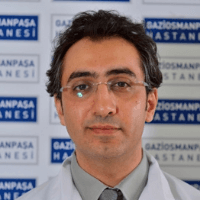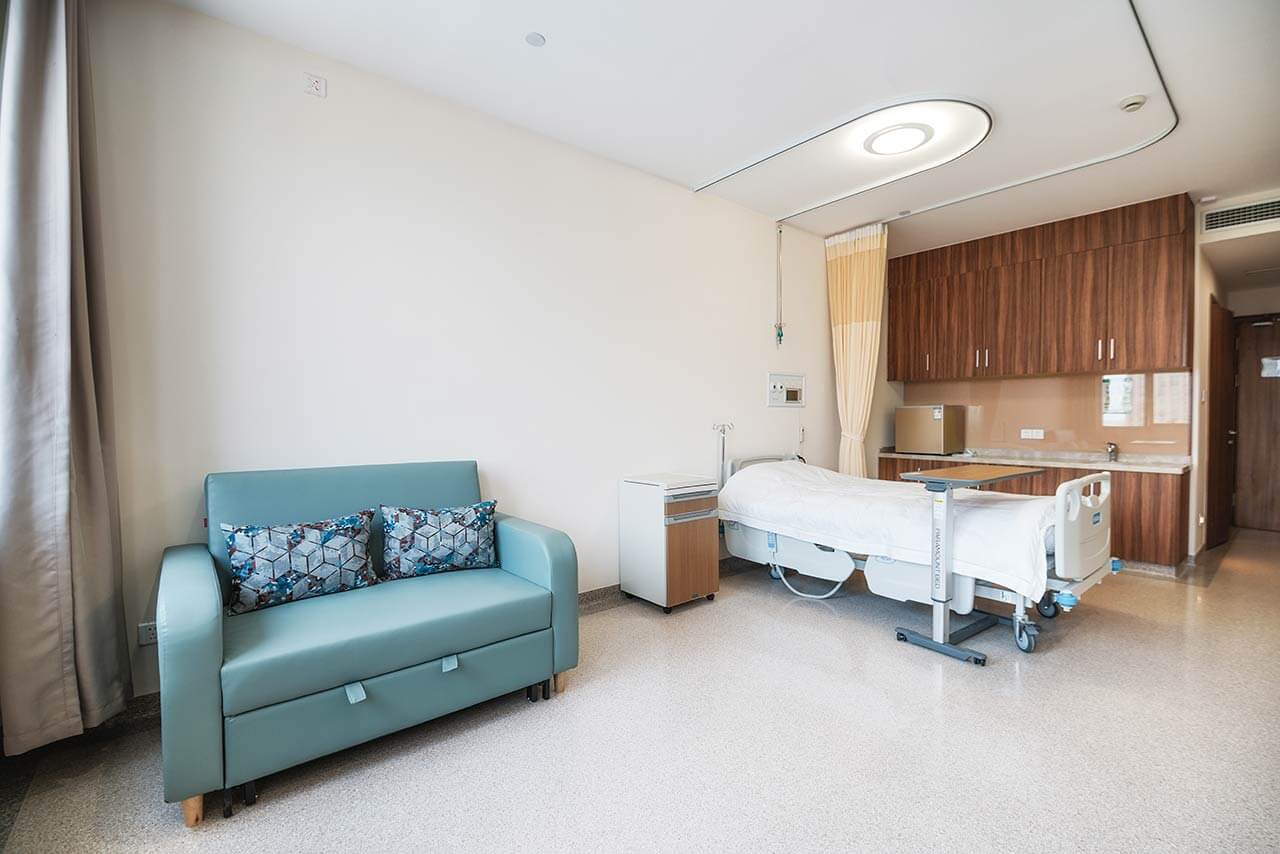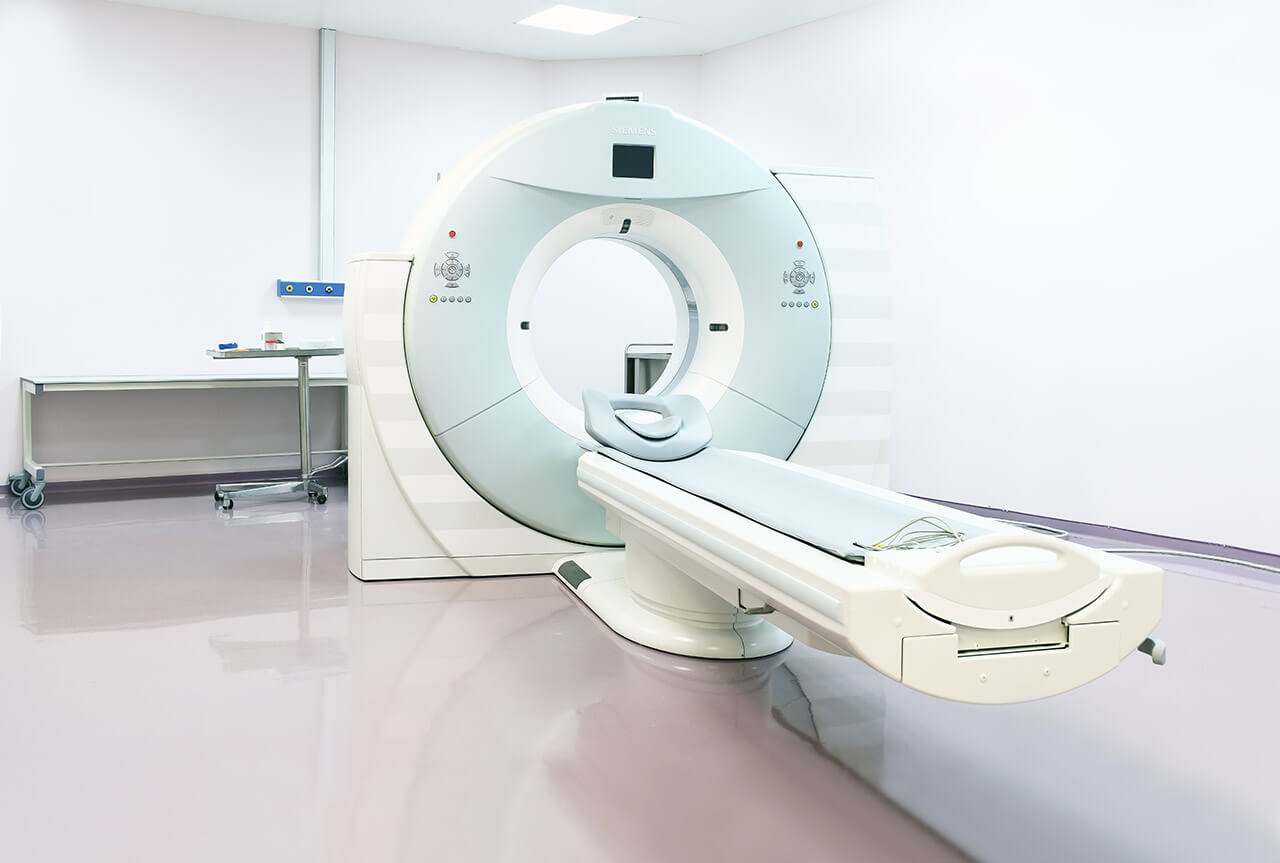
The program includes:
- Initial presentation in the clinic
- clinical history taking
- review of medical records
- physical examination
- laboratory tests:
- complete blood count
- biochemical analysis of blood
- indicators of inflammation
- indicators blood coagulation
- ophthalmologic examination:
- retinal examination
- gonioscopy
- slit-lamp examination
- pupil function tests
- ocular motility test
- ophthalmoscopy
- perimetry (visual field test)
- computer perimetry
- visometry (without correction and with correction)
- keratometry
- pachymetry
- refractometry (objective, subjective, cycloplegic)
- autorefractometry
- non-contact tonometer
- biomicroscopy
- preparation according to preoperative standard
- microinvasive non-penetrating deep sclerectomy
- symptomatic treatment
- nursing staff services
- elaboration of further recommendations
Required documents
- Medical records
Service
You may also book:
 BookingHealth Price from:
BookingHealth Price from:
About the department
The Department of Adult and Pediatric Ophthalmology at the Gaziosmanpasa Hospital of Yeniyuzyil University offers the diagnostics and modern treatment methods for all diseases of the eye and its appendages. The department specializes in the surgical treatment of cataract, excimer laser vision correction, corneal surgery with wavefront-guided LASIK, operations using the latest generation endolaser (DSR) in lacrimal duct obstruction, etc. The department has the cutting-edge diagnostic technologies and treatment methods. The Chief Physician of the department is Prof. Dr. med. Özay Öz.
The department’s diagnostic range of services includes the following options:
- Computerized ophthalmic examination and measurement of intraocular pressure
- Examination of visual fields on the Humphrey visual field analyser
- Corneal pachymetry in the diagnostics and treatment of glaucoma (increased intraocular pressure)
- Fluorescent angiography of the ocular fundus in the diagnostics and treatment of retinal angiopathy due to diabetes mellitus
- Eye tomography using the state-of-art Optik Koharens (OCT) model in the diagnostics and treatment of macular dystrophy
- Corneal topography in the diagnostics and treatment of corneal diseases
- Examination of the anterior eye segment using OCT and Orbscan devices
- Comfortable diagnostics of eye pathologies in children and infants using the Otorefi handheld scanner
- Examination of the vitreous body and retina with the help of B-mode USG device
- And other diagnostic options
In addition to the diagnostics and surgical treatment of cataract and vision correction using the very latest laser techniques, the department offers a variety of different treatment options for eye diseases and its appendages. These include retinal and vitreous surgery using the VRC system, strabismus correction operations in children and adults, surgical treatment of glaucoma, lens replacement in severe myopia or hyperopia, cross-linking procedure in the treatment of keratoconus, as well as various oculoplastic, reconstructive and aesthetic procedures.
The department also carries out diagnostics (for example, angiography) and successful treatment of hypertensive and diabetic retinal angiopathy with the help of an argon laser. In addition, the department treats secondary cataract with a non-ablative Yag laser, while glaucoma is successfully treated with argon laser trabeculoplasty (ALT) or Yag laser iridotomy.
The department’s therapeutic range covers the following options:
- Surgical treatment of cataract
- Excimer laser vision correction
- Corneal surgery using wavefront-guided LASIK
- Operations using the latest generation endolaser (DSR) in lacrimal duct obstruction
- Retinal and vitreous surgery using the VRC system
- Strabismus correction in children and adults
- Surgical treatment of glaucoma
- Lens replacement in severe myopia or hyperopia
- Treatment of keratoconus using cross-linking
- Treatment of the retina in hypertensive and diabetic angiopathy (argon laser)
- Treatment of secondary cataract with the help of non-ablative Yag laser
- Treatment of glaucoma (argon laser trabeculoplasty (ALT), Yag laser iridotomy)
- Various oculoplastic, reconstructive and aesthetic procedures
- Other treatment options for ophthalmic diseases
Photo of the doctor: (c) Private Gaziosmanpasa Hospital
About hospital
The Gaziosmanpasa Hospital of Yeniyuzyil University is a private maximum care medical facility with the high standards of patient care. The hospital began its activities in 1992 and during this time has gained an excellent reputation in Turkey and in many other countries of the world.
The hospital building covers an area of 60,000 square meters and is designed to accept 350 inpatients. The construction of the hospital was designed using modern earthquake-resistant technology and carried out in accordance with the international requirements. The facility has 12 high-tech operating rooms with the advanced surgical and navigation systems, for example, DaVinci surgical system, Gamma Knife, etc. During the long years of productive work, the hospital has performed more than 60,000 successful operations and delivered more than 22,000 babies. It should be noted that the medical facility is especially focused on transplantology, surgery, cardiology, oncology, and reproductive medicine. Also, plastic surgery and hair transplantation are very popular.
In 2007, the hospital standardized the quality of medical services and received the prestigious ISO 9001: 2008 certificate. In addition, in 2009, the hospital was awarded Class A status, which means the highest level of medical care, and it maintains this title every year. Since March 2013, the medical facility has initiated a process for obtaining an internationally recognized and world-famous accreditation assessment model from Joint Commission International (JCI).
Photo: (с) depositphotos
Accommodation in hospital
Patients rooms
The patients of the Gaziosmanpasa Hospital of Yeniyuzyil University live in comfortable rooms of a five-star hotel level. The rooms are designed in beige and brown colors and they are equipped with all the necessary facilities, such as an automatically adjustable bed, a wardrobe and a bedside table for personal belongings, a small couch and armchairs for visitors, a TV and a telephone. Also, each room has an ensuite bathroom with shower and toilet.
Meals and Menus
The patients of the hospital are offered tasty and balanced three meals a day: buffet breakfast, lunch and dinner. Also, with appropriate clinical indications or if desired, a diet menu is provided.
Further details
Standard rooms include:




